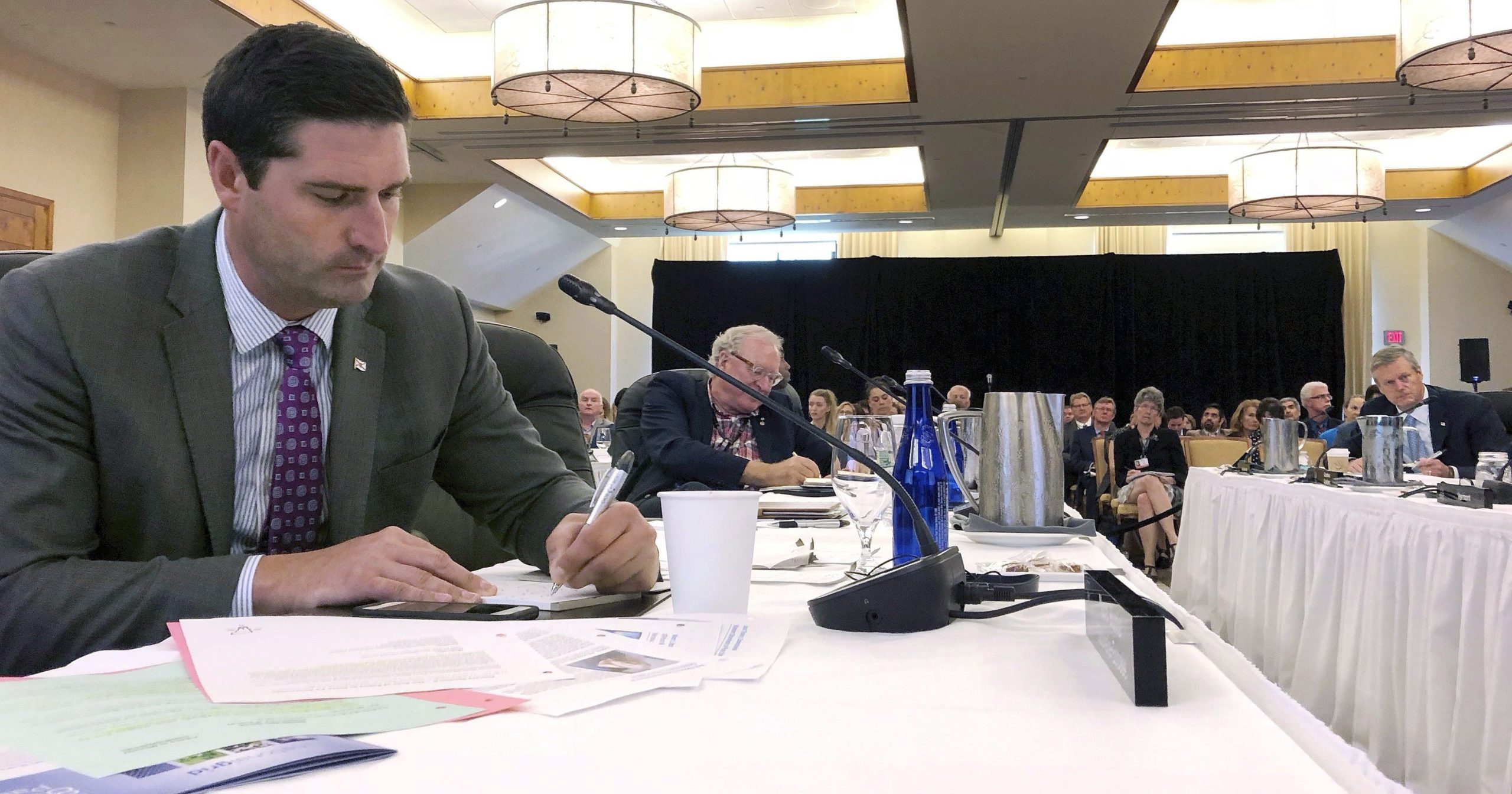N.S. needs funding boost for low-cost housing in ‘perfect storm’ of shortages: report

HALIFAX — Nova Scotia needs to swiftly invest $25 million to help up to 900 households find reasonably priced accommodation, according to a report released Monday.
The 61-page document prepared by the Nova Scotia Affordable Housing Commission came in the wake of a public outcry last fall over a series of widely publicized evictions of low-income tenants and rising homelessness in Halifax.
"We call on the provincial government to invest right now to build more affordable homes, initiate a transformation in how it governs housing (and) unlock opportunities for municipalities to define the role they can play," the report concluded.
The report defined affordable housing as residences that are in good repair, are suitable for their occupants and cost less than 30 per cent of the occupants' income. It said about 44,100 households, about 11.4 per cent of the total, are falling short of this threshold — the highest percentage in Atlantic Canada.
The provincial Liberal government brought in temporary rent controls in November, capping annual increases at two per cent, and appointed the 17-person commission to propose solutions to a low-income housing shortage that it said was growing worse during the pandemic.
Premier Iain Rankin on Monday offered some support for a short-term funding boost, after Housing Minister Geoff MacLellan said he will "make a pitch" for the money.
"Conceptually, it sounds like the advice from the commission aligns with where I think we need to go," the premier said. "We need to find a way to incentivize more supply.
"That ($25 million) might be the range, the order of magnitude we're looking to invest."
The report's 17 recommendations ranged from legal reform to protecting tenants from unfair evictions, to altering the Municipal Government Act to permit zoning that would require developers to include low-income rentals in their projects.
It doesn't, however, take a clear stance in favour of continuing rent control beyond the cap imposed during the pandemic — a measure that tenant advocacy groups have lobbied for.
Sydnee Blum, a spokeswoman for the Association of Community Organizations for Reform Now, said in an email her group is disappointed with the report.
"Rather than provide material protections for tenants or invest in building public housing, the commission has chosen to recommend cutting red tape and giving tax breaks to developers," she wrote in an email.
Some of the report's long-term recommendations called generally for more affordable, non-profit housing, but the commission didn't provide specific figures on the potential price tag, noting the province lacks data needed to work out future policy.
The commission, however, did provide some specifics on the $25 million in "quick start" funding it recommended should be approved by cabinet in the next 100 days.
It called for a total of $20 million for more pilot projects using innovative building techniques, increased rent supplements for low-income tenants, a doubling of the $2-million budget for the province's affordable housing program, and "targeted" funding to help secure affordable housing projects under Ottawa's Rapid Housing Initiative.
There is also a request for $500,000 for municipalities to complete a housing needs assessment.
In addition, the short-term request seeks $2.5 million to create a community housing growth fund that would be used to "address the urgent need for more supply and build capacity in the community housing sector."
Finally, the request seeks $2.5 million to upgrade the provincially owned public housing buildings, including with energy efficiency improvements.
The report also recommended creating an arm's-length, independent provincial housing agency that would have the financial and decision-making authority to arrange for swift construction of housing projects.
It noted other provincial governments have moved housing to "an independent, business-focused operation that collaborates with both private and non-profit developers."
MacLellan said he agreed with that recommendation and said he viewed it as a key piece of the report.
The minister also noted that the federal and provincial governments are already committed to investing $513 million over 10 years in affordable housing projects and programs in the province.
This report by The Canadian Press was first published May 31, 2021.
Michael Tutton, The Canadian Press




